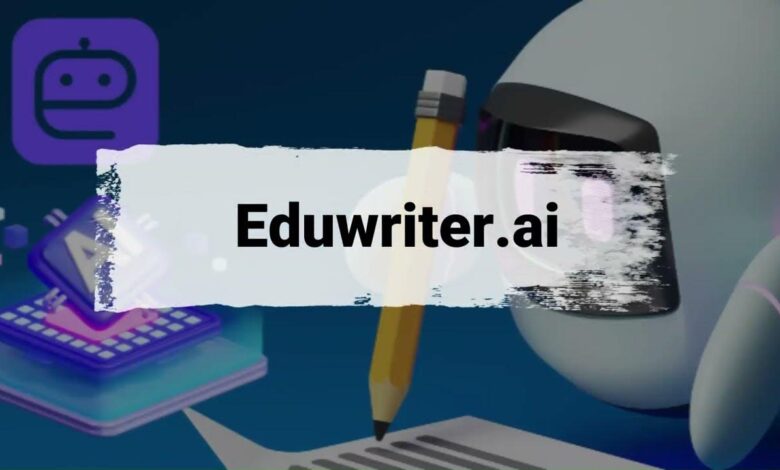
The AI-enabled platform EduWriter.ai delivers support for academic content creation to students and professionals including educators. The platform offers capabilities to create essays and support paraphrasing while generating summaries and citations as well as checking plagiarism. The investigation evaluates the functions of EduWriter.ai by studying sample essays output by the platform to identify areas needing development.
- AI Essay Writer
The AI Essay Writer allows users to create essays across multiple topics by selecting specific parameters including type and length as well as subject matter. Researchers find the tool helpful when they need a quick method for structuring their academic papers and organizing their thoughts.
This tool allows users to reframe material so it becomes clearer while preserving original voice thereby minimizing plagiarism threats. Students alongside researchers benefit from this feature that enables them to polish written work while keeping the original message intact.
-
Text Summarizer
The Text Summarizer reduces lengthy documents down to brief summaries to assist users with quick access to important details from long texts.
- APA Citation Generator
EduWriter.ai provides an automated tool which creates APA formatted references to meet academic citation requirements.
By scanning text for original content Ai Detector guides users to retain academic standards while detecting possible plagiarism occurrences.
Evaluation of Sample Essays
To assess the quality of content produced by EduWriter.ai, two sample essays were reviewed:
Coherent Structure: A logical structure governs both essays as they have distinct sections starting with introduction between body paragraphs and ending in conclusions.
Grammar and Syntax: Artificial Intelligence generated these texts without syntactical problems.
Relevant Content: There exists both subject matter comprehension and analytic content in these essays.
Weaknesses
Limited Depth: The material holds proper structure yet shows minimal depth in its critical evaluation and develops weak arguments.
Generic Language: The standard nature of writing style becomes too repetitive which results in unengaging content portions.
Source Integration: Academic writing requires external citations but these pieces fail to incorporate any of these necessary elements to build credibility.
Areas for Improvement
While EduWriter.ai is a valuable tool, several enhancements could improve its effectiveness:
Advanced Argumentation: Strom-generated content can be strengthened through deep analytical thinking together with complex argument architecture.
Enhanced Source Integration: Users possessing the capability to submit their references which will automatically merge into AI-written essays.
Improved User Customization: The system should provide users with varied writing tones, diverse styles and multiple available citation methods above and beyond the standard APA style.
Expanded Free Access: Users should get access to expanded free features which enable full testing of platform capabilities in the free version.
Eduwriter Reviews and Feedback
People have delivered blended assessments about EduWriter.ai’s performance. While many appreciate its efficiency, others note limitations in depth and originality.
Conclusion
EduWriter.ai represents an advanced AI academic writing solution delivering valuable features to students along with professionals. However, its current limitations—such as generic phrasing and lack of source integration—indicate room for improvement. Although it has certain drawbacks this resource still helps users structure their academic writing effectively during a draft phase.






